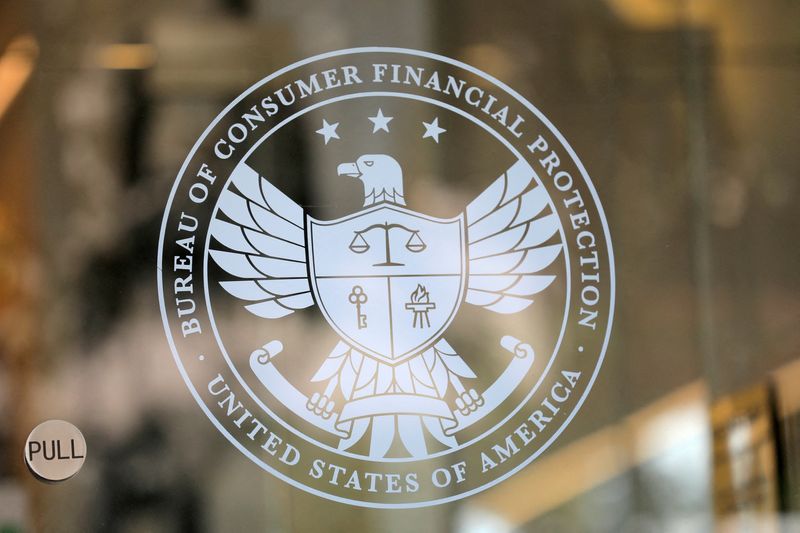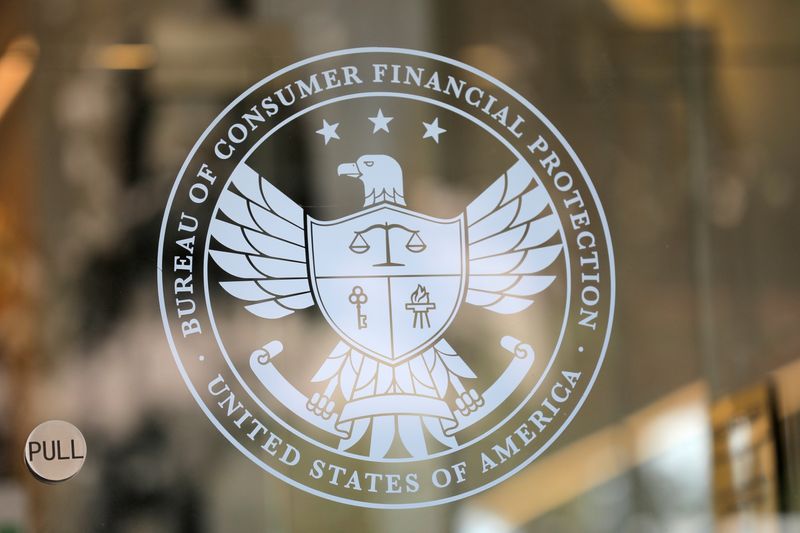By Hannah Lang
(Reuters) -The U.S. Consumer Financial Protection Bureau (CFPB) will move forward this week with an "open banking" rule that could dramatically boost competition in the consumer finance industry and increase Americans' access to financial services.
In a speech on Tuesday, CFPB Director Rohit Chopra said the agency expects to propose requiring financial institutions that offer transaction accounts to set up secure methods for data sharing, and will develop requirements to limit the misuse and abuse of personal financial data.
The agency will release a discussion guide this week for small businesses to weigh in on the proposed rule, with the goal of formally proposing a rule in 2023 and finalizing it in 2024, Chopra told a fintech conference in Las Vegas.
The U.S. Congress mandated open banking after the 2008 financial crisis, but the CFPB only issued an 'advance notice of proposed rulemaking' seeking feedback on a potential rule in October 2020.
Chopra indicated that the CFPB would look to strike a balance in the upcoming rulemaking between more readily offering consumers access to financial data while also protecting that data from bad actors.
He added that the agency is looking into how to ensure that when consumers opt to share their data to access a certain product, it won't be used for other purposes.
The CFPB is also exploring ways to prevent excessive control by a select few firms in the underlying data-sharing process, Chopra said.
"In consumer financial services, we have a number of highly concentrated submarkets: the credit reporting conglomerates, the card networks, the core processors, and more. It's critical that no one 'owns' critical infrastructure," he said in prepared remarks released ahead of the speech.

Proponents of open banking argue that it would make it easier for non-banks like technology companies to compete with traditional financial institutions, lowering costs and boosting millions of Americans' access to financial services.
While banks do not oppose the rule, they have been pushing to limit its scope, arguing it could put consumers' data at risk because fintechs do not have the same rigorous cybersecurity and privacy standards as traditional firms.
